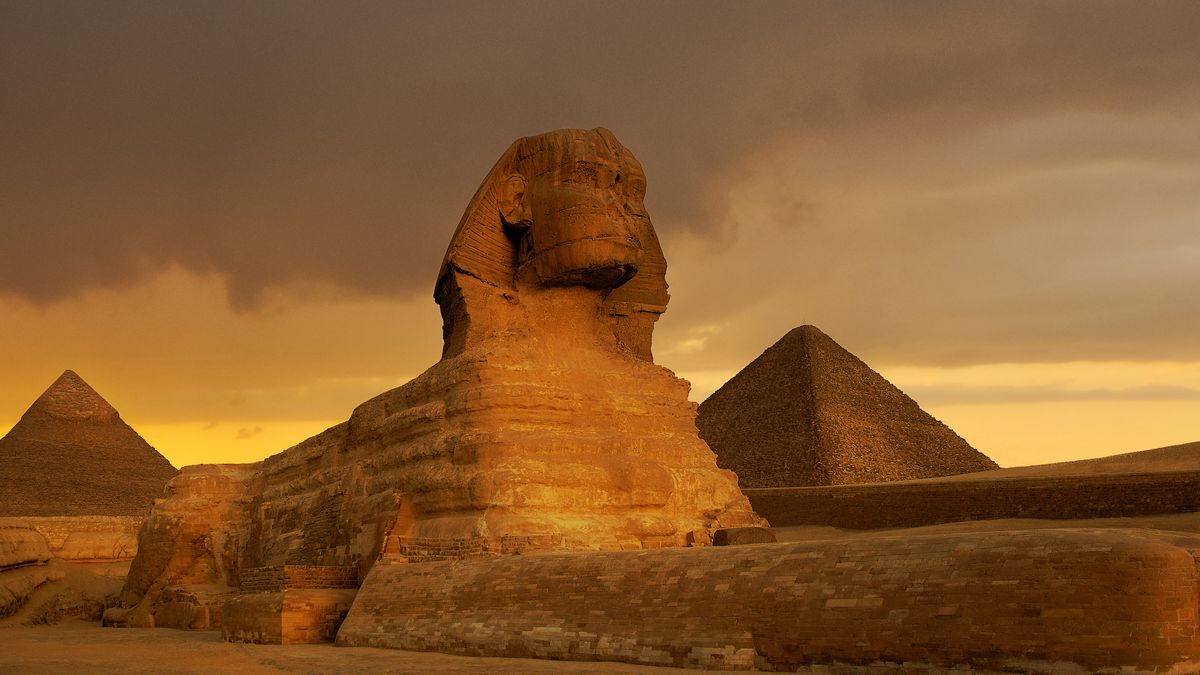Ancient Egypt was a powerful civilization in North Africa for over 3,000 years, from around 3100 B.C. to 30 B.C. It thrived along the Nile River, known for its iconic pyramids and fascinating culture. The name “Kemet,” meaning “black land,” refers to the fertile soil created by annual Nile floods, essential for agriculture.
Egypt’s history is rich and complex, with famous pharaohs like Menes and Tutankhamun leading the way. The country faced invasions by various powers, including Persians, Greeks, and Romans. Ancient Egypt united in two kingdoms—Upper and Lower Egypt—marked by the wearing of two crowns by its rulers.
Throughout its history, Egypt experienced periods of growth, decline, and reunification, giving rise to the Old, Middle, and New Kingdoms. The construction of the Great Pyramids and the Valley of the Kings are highlights of this extraordinary civilization.
Today, Egypt remains a modern country, deeply rooted in its ancient past, continuing to captivate scholars and travelers alike.
#AncientEgypt #Pharaohs #NileRiver #History #Civilization #Archaeology #Egyptology #CulturalHeritage
